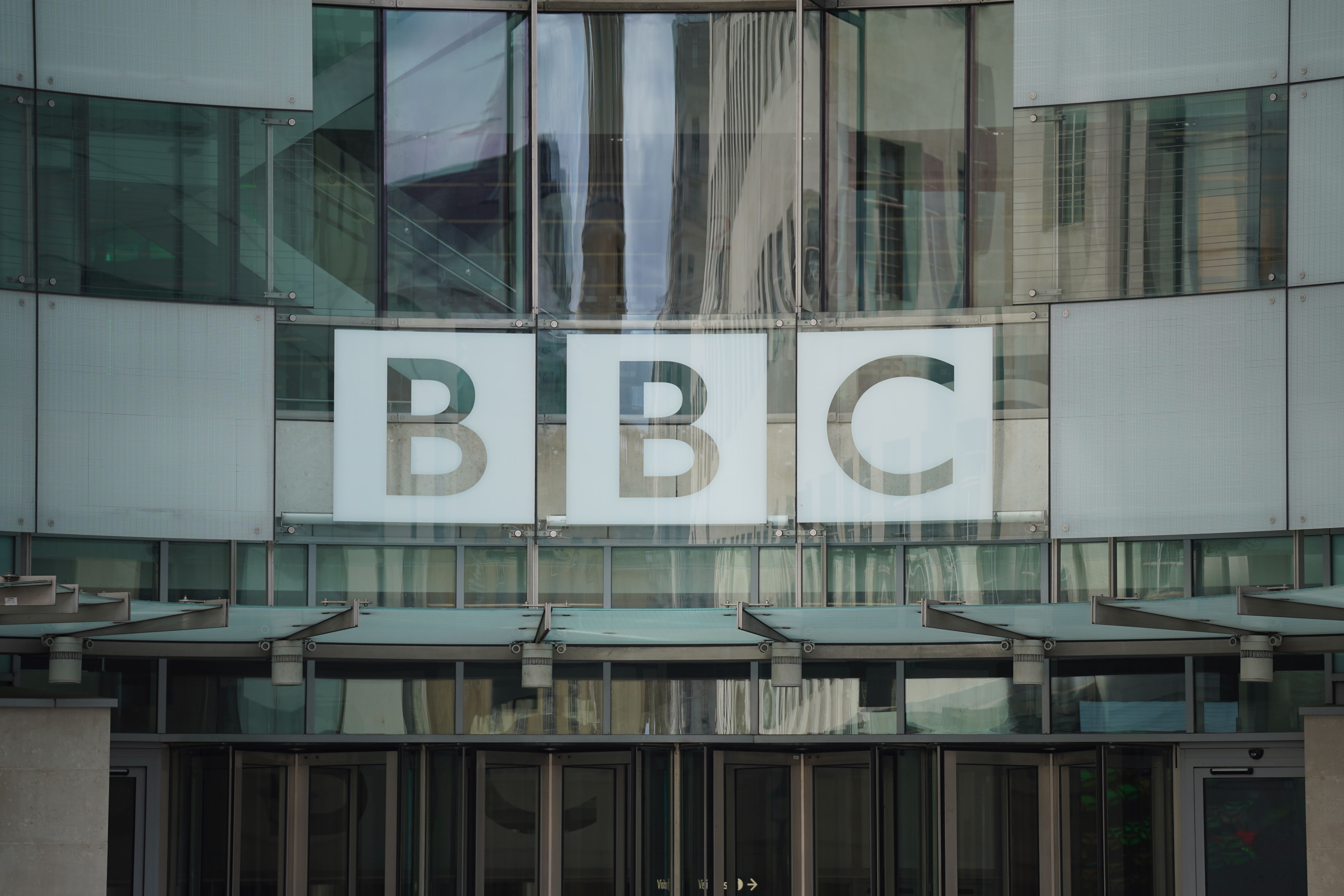No, the BBC isn’t biased against Israel – but is anyone convinced?
Director general Tim Davie was grilled by Conservative MPs over the broadcaster’s refusal to use the word ‘terrorist’ to describe Hamas. Former BBC head Roger Mosey says the corporation got it right this time – but that its decision-making must be done out in the open


The BBC’s director general Tim Davie survived his grilling by the Conservatives’ 1922 Committee on the broadcaster’s coverage of the Middle East. It is right that they challenged him, and right that he fought back. On this most vital of topics, the reporting should be subject to scrutiny – but the BBC, generally, has a strong record it can defend.
I have not been shy, internally or now externally, to call out BBC bias when I see it – and it is still there, sometimes in social affairs and the reporting of Britain. However, I have never perceived a systemic bias in the corporation’s coverage of Israel and the Middle East.
It is extraordinarily difficult to get the balance right, and there will inevitably be imperfections in the daily bulletins across multiple services. However, nobody has provided convincing evidence that there is a long-term tilt, either towards Israel or the Palestinians – and it is unfair to the BBC’s journalists to assert that they take sides on this issue, or that they would tolerate their colleagues being partisan.
What has earned the corporation much of its current criticism is its policy on using the word “terrorist”. This originated from a proper concern that “terrorism” is a contentious term, especially on the BBC’s international services: the “terrorists” for some global audience members will be “freedom fighters” for others.
But in the horror of the 7 October attacks, the BBC was probably too inflexible in its interpretation of the guidelines: if terrorism ever has meaning, then butchering babies is surely it – and ascribing the action to “militants” felt wrong. The CEO of BBC News, Deborah Turness, has acknowledged this in a blog: “We have moved away from using the word ‘militant’ as a default description of Hamas or Hezbollah fighters.”
What we have heard instead are frequent declarations in presenters’ scripts that Hamas is categorised as a terrorist organisation by British and other governments, and it is impossible to argue that the nature of Hamas has not been revealed by the BBC. There will, sadly, be times in the future in the UK and elsewhere when the only possible categorisation of some activity is as “terrorism” – just as the BBC still has live web pages describing the Charlie Hebdo attacks precisely as that.
It was also a serious mistake when a BBC correspondent, in the immediate aftermath of the dreadful loss of life at the hospital in Gaza and in common with some other news organisations, led the audience to think it was likely that an Israeli missile was responsible. The consequences, when this was amplified on social media, were potentially grave. It should be drilled into reporters and producers that saying “we don’t know” about some of the facts is a legitimate answer, and contested events can now be handed over to the newly established BBC Verify team to take a long, cool look at what really happened.
This is hard in the supercharged news cycle of our times. Social media loathes uncertainty and wants immediate results, which are then amplified by angry responses. It is a lesson to the legacy broadcasters: do not be driven by the need for clicks and reposts. If traditional journalism still has a role, it’s by sticking to its values – and the BBC has enough experience of how instant and ill-judged posts, even by some of its most experienced staff, can damage its reputation.
What it also needs to do is engage more with its audience about the dilemmas it faces. Davie’s session with the 1922 Committee was behind closed doors, and Turness’s blog appeared more than two weeks after the start of the latest crisis. In the meantime, a number of the BBC’s own accountability programmes failed to secure a BBC manager to explain how their policy was evolving. It was left, unwisely, to the veteran foreign editor John Simpson to issue patrician rebukes to those who challenged any of the reporting.
It remains one of the conundrums of the BBC that an organisation funded by the public, and fond of proclaiming its commitment to transparency, is in reality so reluctant to get out there and make its case. It tolerates an invisibility from some of its executives that would produce howls of outrage in W1A if the likes of British Gas applied the same policy to refusing interviews. My former colleague Pat Younge is among those suggesting a structural change that might improve accountability.
The point here is that the BBC should explain itself – because the corporation is worth fighting for. The tide of disinformation and misinformation is now unmissable, and the number of news outlets that deserve our trust is diminishing.
If we lost the anchor of public service broadcasting, Britain and the world would be immeasurably poorer.
For those who criticise the BBC, we must ask: what is your alternative? And for those of us who defend it, we are entitled to require it to live up to the highest possible standards.
Roger Mosey is an author, broadcaster and master of Selwyn College, Cambridge. He was previously the head of BBC Television News






Join our commenting forum
Join thought-provoking conversations, follow other Independent readers and see their replies
Comments